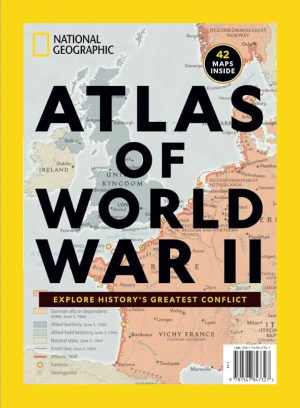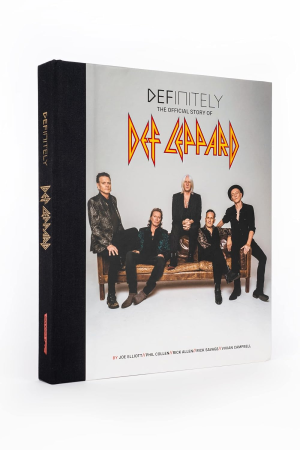I've been working on this physical copy of the book for months due to length - in between and around the others I've been reading electronically (with their inherent due dates).
I cannot more highly recommend the book The Rise and Fall of the Third Reich: A History of Nazi Germany by William Shirer for anyone remotely interested in the topic. Like many, I felt like I knew many of the "basics" about the war, but this book explains in detail the beginnings of the Nazi party, their rise to power, the personalities and failings of those in command, and the reasons for the early successes and late failures in their quest to conquer Europe. He details the rise and fall of that incredibly brutal, racist, and horrible regime with his almost unprecedented access to both news at the time and voluminous historical documents immediately after the war.
Shirer was an American foreign correspondent, news commentator, and historian who spend most of the time of Nazi control of Germany in Berlin working for Universal News Service and CBS. As such, he has a unique, first-hand view of events that took place in Germany during the time. He was there to hear the radio addresses, keep tabs on worldwide events, feel the pulse of the country itself, and met with numerous dignitaries and other news agencies in the course of his work.
Although this was written in 1959, the parallels in global politics and certain personalities of today essentially leap off the page. Charismatic leaders lying incessantly for political and personal gain, the subversion of courts and lawmakers to the wishes of the party, Russia's almost innate desire to conquer neighboring lands, political and military missteps that hold the balance of world power in play, making and breaking treaties at the drop of a hat, European unwillingness to band together to stop a common enemy from taking advantage, the mistakes and incorrect guesses that led to swings in power and success, and so on and so on. He goes into good detail on various strengths and weaknesses of the countries involved, their political reasons for certain actions, and the idiosyncrasies of individuals and made decisions.
Germany's abhorrent actions against certain racial and political groups is appropriately discussed and details of the horrors of the concentration camps, etc., is not glossed over.
Curiously, he doesn't always cover a lot of details at "ground level" - while including discussion on fighting during the winter in Russia, various strength and equipment levels, the attempts by various individuals to broker peace or wage war, international trade, various technological advances and limitations, etc., he doesn't touch on some things like use of amphetamines by the German soldiers to help them be more effective fighters or go into a lot of detail on the US or Japan with their offensives, other than how they impacted Germany. While discussed in terms of global impacts and how certain treaties or agreements were upheld or violated, early military actions are covered in more detail than later ones, largely due to the scope and scale of the war as it advanced. Despite this, he does do a good job of explaining things like why Germany couldn't invade Britian, why certain military and political decisions were made, why certain actions succeeded or failed, etc., but often more in an overview/summary than a granular analysis. Overall, I think it succeeds.
Everything is documented, footnoted, and attributed. Where there are ambiguities, he lays them out and discusses which seem most plausible and why.
One thing I wish they had included would be maps of various stages of the war as it progressed, as I did not keep a map next to me to try to track the various advances and losses on both sides. Also, he spends a little more space than I thought was necessary detailing the interactions of Hitler and Mussolini given the nature and end results of each - it is interesting how Hitler seemed to truly appreciate Mussolini as a friend and ally given the little actual support he provided on the field of battle.
This is a very educational yet engaging book that I will need to read again in the future to more fully grasp some of the nuance. There's a lot in here. Highly, highly recommended. I think a similar book written about the American/Allied side of the war would also be fascinating, especially in comparison to this one - if anyone has one to recommend, please let me know.



